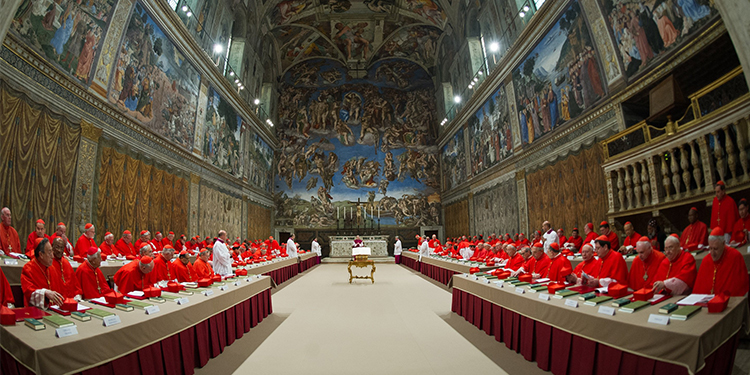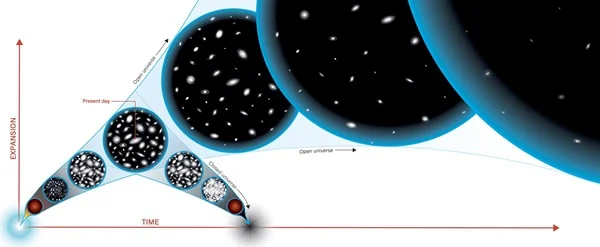In the past few weeks, there has been a series of protests sparked by the U.S. Postal Service (USPS) employees and local residents who are against the proposed privatization of the agency. These protests have occurred in multiple cities, such as Indianapolis, Houston, Cleveland, and Charleston, highlighting the widespread concern about how privatizing mail services might influence delivery, particularly in rural regions. Privatization refers to the process of transferring ownership or control of a public service or government-owned entity to private individuals or organizations. Mark Dimondstein, worker for the American postal workers union said ”it would be of no benefit to the American people. Instead, it would drive up postage rates and lead to reduced service, especially to rural America”. This could lead to layoffs or reduced job security for USPS employees, impacting families and communities that rely on those jobs.
The push for privatization has been associated with significant cost-cutting measures and job reductions within the USPS. Former Postmaster General Louis Dejoy, who resigned recently after nearly five years in office, had planned to eliminate 10,000 jobs and reduce the USPS budget by billions. These proposals have raised alarms among postal workers and their advocates, who fear that could affect the agency’s ability to deliver essential services nationwide.The USPS has a mandate to deliver to every address in the U.S., but a private company might not feel the same obligation, leading to gaps in service. Even though this can create problems, there are some slight benefits such as, ‘’Privatization could relieve the government of financial responsibility for operating the postal system, potentially reducing taxpayer costs.’’
In 1970, President Richard Nixon signed the Postal Reorganization Act establishing the US Postal Service as an independent establishment of the executive branch. Since then, the agency’s Operated under the board of governors consisting of up to 9 governors, the deputy postmaster general and postmaster general. The president appoints when there are vacancies and then the US Senate confirms them. Privatizing the United States Postal Service has been a controversial topic for years, it started gaining attention back in 2017 when Donald Trump began his first tenure. The USPS suffered a $9.5 billion loss in 2024, up from a $6.5 billion loss in 2023. This encouraged Trump to call for privatization, believing that these losses were unjustifiable. However, privatizing the service could mean slower deliveries, higher shipping costs, and even fewer services in certain locations. Overall, while privatization might bring some efficiencies, it could also create challenges for everyday people who rely on postal services.














